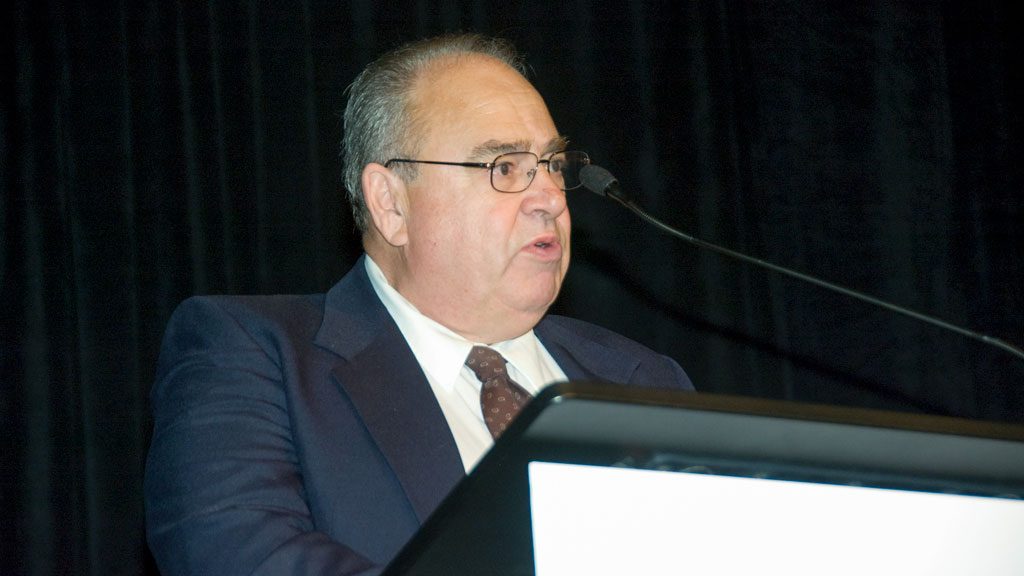It wasnŌĆÖt the best of circumstances when I called former Journal of Commerce (JOC) editor and publisher Brian Martin earlier this year. His long-time friend, Frank Lillquist, the artist behind the JOCŌĆÖs long-running cartoon series Sid the Contractor, had just died.
ŌĆ£He can be a bit of a curmudgeon,ŌĆØ I was warned before I dialed MartinŌĆÖs number.
I shrugged. I have deadlines. I need quotes. I can power through it.
But Martin was eager to talk.
He told me about his friend Frank and their wilder days of journalism. It was a time before the internet, digital cameras or cell phones.
He never intended to settle in Vancouver or write about construction. He was a CBC reporter and freelancer just passing through. Martin told me that he and Lillquist had met in the 1970s and were friends for decades. In their newsroom, pages were measured in picas, smoke clouded the air and one could hear the tapping of typewriters.
ŌĆ£In those days the JOC filled a three-storey building in Kitsilano,ŌĆØ Martin told me as I sat in a comfortable cubicle in front of several bright computer monitors. ŌĆ£It was pre air-conditioning, we used to sweat and stink a lot.ŌĆØ
He and Lillquist worked together on a popular series of books called Building Right in the late 1980s and 90s that he developed after working on his own home.
ŌĆ£I was building a house and learning firsthand about the problems of building things and I was in the middle of dealing with building inspectors,ŌĆØ he told me.
Rather than just complaining, he got to work.
ŌĆ£I said ŌĆśwhat the hell, why doesnŌĆÖt someone write a guidebook for people,ŌĆÖŌĆØ he said.
The pair set about collecting information about every municipality in the area they could and published the books.
He told me about the time problems surfaced within the paperŌĆÖs leadership. Rather than just complain or pass the buck, Martin took action.
ŌĆ£He was just adamantly anti-labour, very paternalistic, an old-fashioned guy, (he) really pissed us all off,ŌĆØ Martin said of one of his former bosses. ŌĆ£One day, we found ourselves at the union hall organizing the paper. I was at that meeting. We organized and I joined, 15 years later I was publisher when the workers decertified.ŌĆØ
He told me about how he and Lillquist had kept in touch over the years with emails but lamented that near the end they had become less frequent.
ŌĆ£I donŌĆÖt think he understood how much other people care for him,ŌĆØ he said.
After I wrapped up my questions and saved my notes, Martin kept on talking. He told me his thoughts on the JOC going online only and how it was inevitable but a good move. He asked me how I had ended up at the Journal. We swapped war stories of working at tiny papers for no money, taking notes for hours at murder trials, filing public records request and the thrill of chasing down a big story. He lamented the decline of local journalism and how papers were downsizing newsrooms or shutting their doors for good.
ŌĆ£If we arenŌĆÖt there covering things, who will?ŌĆØ he said.
We will do our best, Brian.











Recent Comments
comments for this post are closed